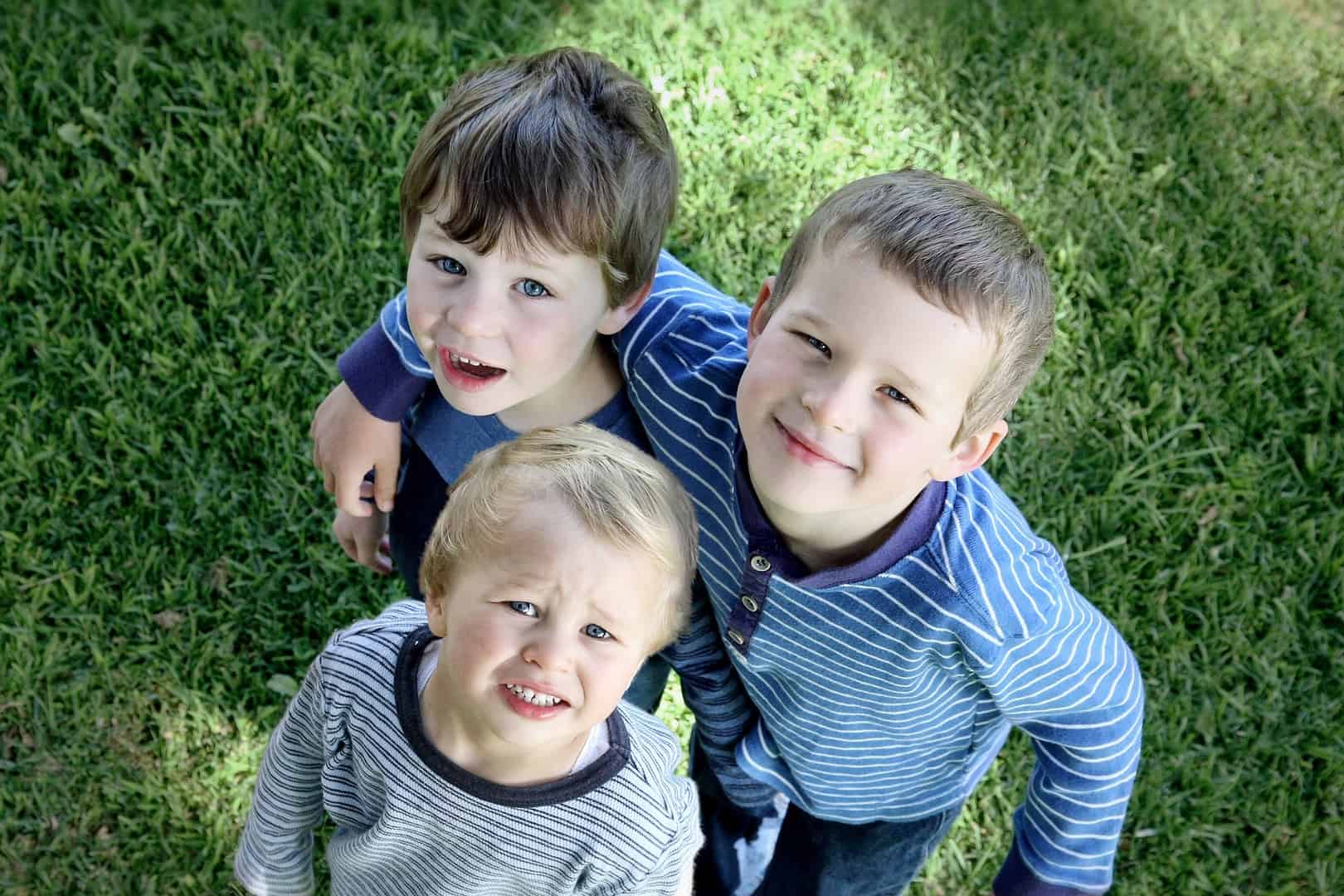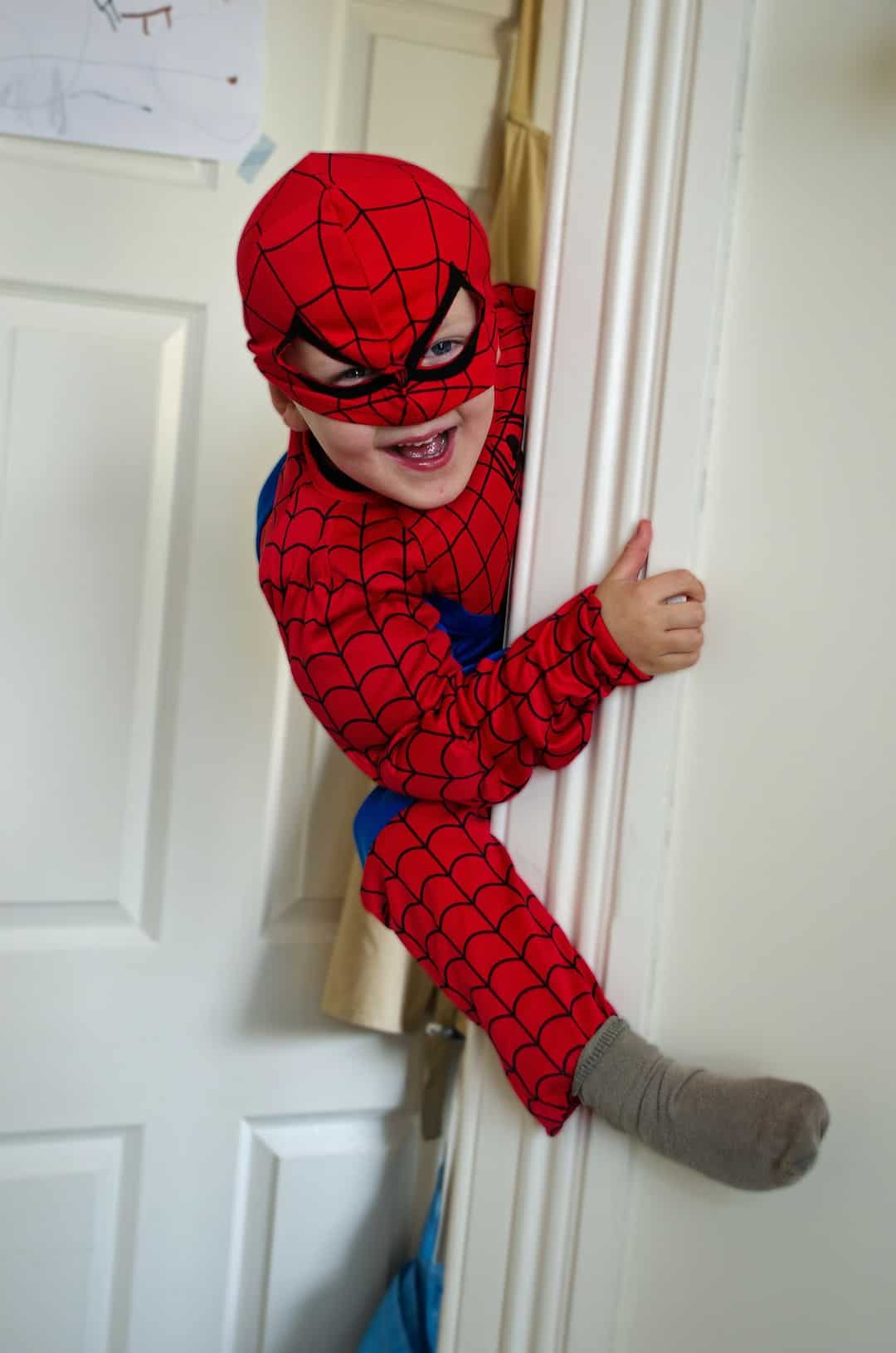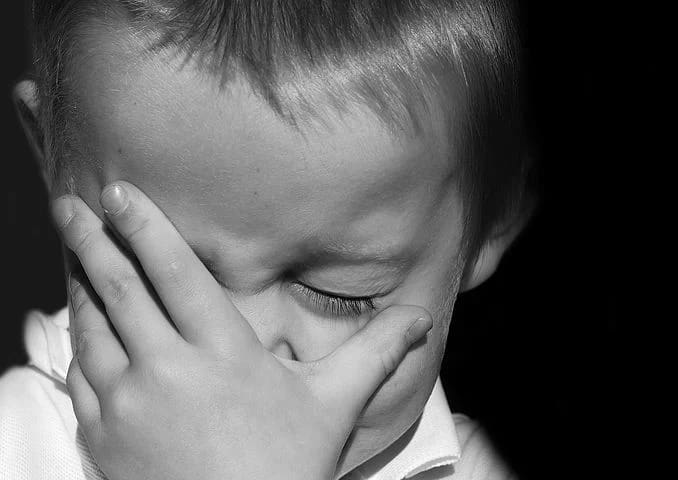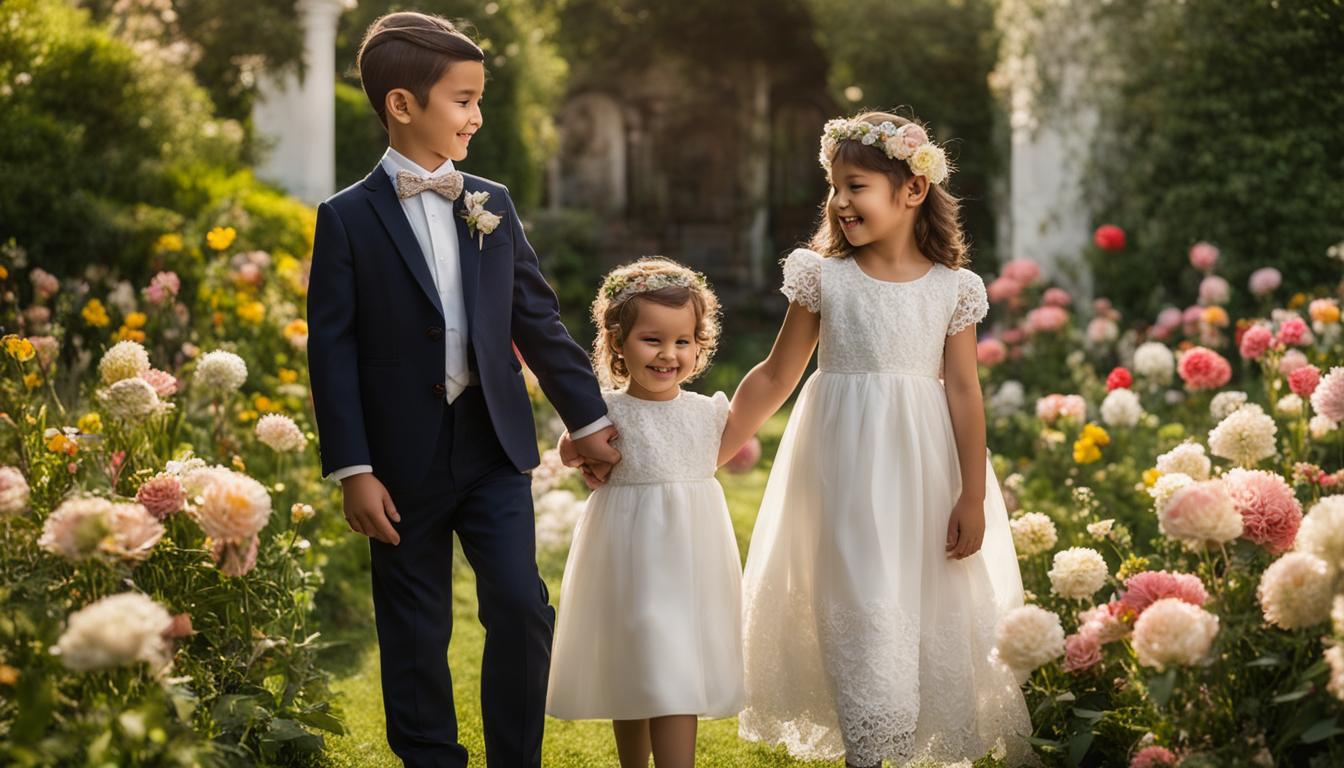When Parents Say Hurtful Things : Communication in Parenting
The question on why do parents say hurtful things is a broad subject that needs to be comprehensively tackled. Evidently, parents may decide to say something so hurtful or regretful to their children either from anger or frustration.
However, there are more reasons why parents may decide to say something hurtful to their kids. Surprisingly, most parents don’t even realize when they hurt their children with words.
Here, we’ll look at some of the reasons as to why parents utter hurtful things and how to consider the children’s emotions first. It’s a comprehensive guide geared to helping both parents and their children to get along when communicating.
Because let’s face it, children take their parent’s words very seriously and some are more sensitive to what they hear. Therefore, the nature of words coming from the parents’ mouth may easily make or break their child’s spirit altogether.
Even worse, hurtful words directed to young children by their parents may end up affecting them all the way into adulthood. Eventually, the experience may become more damaging to the child and more regretful for the parent.
That said, let’s first understand why parents say hurtful things.
Situations Where Parents May Say Hurtful Things

Frankly speaking, keeping cool can be hard at times for all parents. Sometimes children just nag and push you to the limit.
And because parents are only humans, they find themselves on the edge and react the only way human nature knows best. During such moments, parents may go overboard and say something hurtful.
However, this doesn’t necessarily mean that they are bad parents when they do. Like earlier said, these are only humans reacting in the default human nature.
Now, here’s the problem. The hurtful words uttered by parents to their children during such moments could have a deep negative effect on the kids.
And because most parents aren’t aware of this, it becomes a more damaging experience to the children. This is where ethical communication with our kids comes in mind for a better experience for both parties involved.
Parents need to emphasize more on improving their communication skills with their children to avoid responding in hurtful ways. When appropriately approached, this can even improve the bond and understanding between the parent and the child.
With that said, below are some of the situations that may cause parents to say hurtful things to their children.
- Comparing Children

Comparison is a common pitfall for most parents. And it’s an even more discouraging experience to the child.
Most parents tend to compare their children’s abilities with those of their classmates, friends, and even siblings. While this might be a form of encouragement, it can highly go wrong if done inappropriately.
Remember, your child takes your words seriously and interprets them the best way they know. So, if you tell your child to try “being more like” or “why can’t you do it like” they can easily take the comment negatively.
For most children, they can interpret it as a sign of failure. That’s because they’ve clearly seen that their parents aren’t as proud of them as they are to the people they draw comparison from.
As you may know, comparing your kid’s abilities or talents to others takes many forms. Therefore, you should avoid comparing visible differences so casually.
Note that all children are different and special in their own right. This means that some might take words lightly, while others may end up carrying pain from your words.
- Arguments
This is another situation where parents may decide to utter hurtful things towards their children. And sometimes parents may intentionally decide to say something hurtful just to win an argument over their kid.
However, it’s always good and mature to remember that parents aren’t in competition with their children. This means that the best way to win an argument as a parent is to fully address the main issue, instead of throwing word jabs to the child.
In most cases, parents can respond with an “I hate you too” if their kid had slapped them with an “I hate you first”. Now, while the parent might not mean what they’ve said, the child would have a difficult time to believe that.
Parents need to understand that their child may say that from anger, and taking the high road should be the best answer to the problem. That is, avoiding any hurtful response just so you win in the argument.
Understandably, it may also be hard for you as a parent to keep your cool in such situations. But you’ll realize it will be more worth it if you stay in control during the whole altercation.
- Discriminating the Child’s Personality

Demeaning, humiliating, or shaming your child’s personality can cause them more damage than you think. Phrases like “what’s wrong with you” or “can’t you do anything right” are ultimately seen as ambush by most children.
And once you fire such shots at your child, correcting or fixing the damage becomes an even harder experience. That’s because the words are clearly seen as hurtful, and they may easily make your kid feel like a useless person.
Parents need to understand that kids make mistakes and that’s inevitable. Similarly, there are also positives in the child that should also be celebrated.
Emphasize more on correction rather than discrimination if your child makes some mistakes. That’s because picking themselves up from negatives is one of the best things they should learn while they are young.
- Criticism
Criticism is another form of correction that’s geared towards emphasizing a change on behavior in children. As you may know, this approach is a bit aggressive but can do significant damage if done inappropriately.
That’s why all parents need to be very careful when approaching this area. For instance, if your child is failing at math or any other subject for that matter, ensure that you don’t use such a phrase – “you weren’t paying attention in class that’s why you failed”.
The best way to help them through failure is to first avoid repeating it to them. Instead, emphasize on the best way forward and tell them something like “it happens, but you should pull up your socks next time for better results”.
That’s all, criticism doesn’t have to be a 30 minute or one hour lecture to your child. Just show them that you understand and that it isn’t the end of the world for them.
When you do this, your child will learn to take responsibility for their actions and eventually bring in good results. It’s a good way to teach them accountability.
- Downplaying Your Child’s Emotions

To the adult standards, it might be silly to consider some of our younger children’s emotions. As a result, most parents end up invalidating their kid’s emotions by saying hurtful things.
This shouldn’t be the case and all parents need to know and understand that their children’s emotions and feelings are equally important. Therefore, parents should avoid using words like “it’s silly to be upset over such a thing” as this may significantly hurt their child.
Something like “I understand why you feel that way, but…” would be better because you’ve at least considered your child’s emotions first. The main emphasis here is to avoid invalidating your child’s emotions and refraining from immediate overreaction.
There you have it, some of the common reasons or situations that cause parents to say hurtful things. As you’ve seen, parents may not even be aware of their words being hurtful in most situations.
Therefore, parents need to be more understanding of the effects of their words towards their children before saying anything. This leads to our next section where we look at how parents can avoid saying hurtful things that they would later regret.
How Parents Can Avoid Saying Hurtful Things
Needless to say, all parents want the best for their children. This means that they would go to greater lengths and get their thoughts through the best way they can.
And some of the thoughts can bear some significant damaging effects to the children. But also, parents aren’t robots and aren’t programmed without any feelings and emotions.
So, it’s only normal if parents react with hurtful words if they feel pressed to do so. To avoid this, the following are some of the helpful tips to keep your cool under such pressures.
Avoid Reacting Immediately
Reacting to things right away is a common mistake made by most parents. Although it’s understandable, overreacting without haste results is saying hurtful words that you might end up regretting.
Therefore, it would be best to avoid reacting immediately to your child in any situation that might press your anger. Instead, try pausing and taking a deep breath before giving your response.
Doing this gives you the time to understand your child and think of a better solution to the issue. That way, both you and your child end up having a good experience from any altercation due to good communication.
Be Brief and Concise in Your Response
Parents need to understand that they don’t necessarily have to explain everything to their children. That’s because you are still the authority over them and they need to understand that from the word go.
Now, this doesn’t imply that your child won’t disagree with you because you are the authority. It only means that you need to handle yourself better with your response.
You first need to understand where their frustration is but give your response as their parent. Ensure that you are short and concise so they see you aren’t in a position to argue with them.
Under no circumstances should you allow your child to bring you down to their level of maturity. However, ensure that you aren’t aggressive in your response but only assertive.
Observe Your Nonverbal Cues
As you may know, word of mouth is totally different from your nonverbal cues. And the best way to get any information forward and well understood is by aligning your nonverbal cues with your response.
Children are clever in their own ways and can spot a difference in your words and nonverbal cues very easily. This may lead them to interpreting things totally different, which in most cases is always negatively.
Therefore, ensure that your words match your facial expression, body movement, and any necessary cues that you might need to get understood. This shows your child that you mean what you say and you are also enthusiastic about it.
Take an Exit for Fresh Air
However absurd it might sound, leaving your child in the middle of an argument is one of the best ways to avoid saying hurtful things to them. This especially goes to parents who have a short-temper issue.
Remember, you don’t have to participate in every fight your child invites you to attend. If things get heated up, it would be best to exit the conversation to get some fresh air and cool off.
That way, you’ll save yourself from responding angrily to your child. But make sure that you exit peacefully.
You can do this by telling your child that you’ll revisit the conversation once things have cooled down. This way, they’ll see that you aren’t intentionally avoiding or invalidating them but just focusing on ethical communication instead of unending arguments.
It’s not always the best idea or approach and some children may end up being more confused from the action. However, it’s far much better than reacting immediately and saying hurtful things to them.
Conclusion
So, why do parents say hurtful things? As you’ve seen from our explanations, there are many situations that may cause parents to speak hurtfully to their children.
And in some cases, most parents aren’t even aware of the damage their words do to the children. That’s why as a parent, you need to take time and think twice before saying something that you might end up regretting. Try reaching out to groups or school blogs and talk to other parents to get another perspective.
Remember, your child isn’t your peer so it would be very immature if you stooped to their level and started hurting them by words just to win the argument. In fact, they need your help more during disagreements to grow strong mentally.
You are the one to teach them how to handle themselves whenever things aren’t going their way. So, you need to consider the above detailed tips on how to avoid saying hurtful things to your child for a better communication experience with them.










